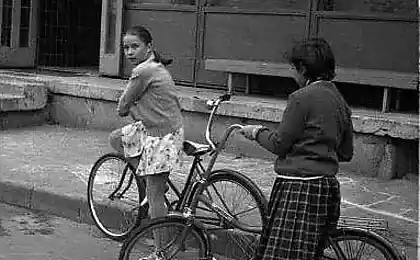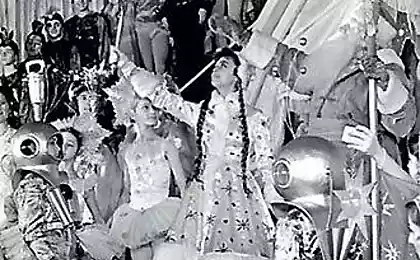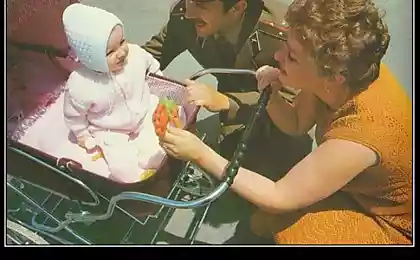218
What Kindergartens Really Were In The USSR And Why Some People Still Think About Them As A Dread Dream
Few people in early childhood did not know who the teacher was. And then there was school and so on. But it was kindergarten behavior that in many of us shaped the character for many years to come. There were always bullies and quiet people in groups. As well as ordinary children who have just come to terms with the idea that they will have to spend some time here, among strangers' adults and children. And then, in the evening, Mom or Dad will take them home. Maybe in a few years, things will change. Ha ha!
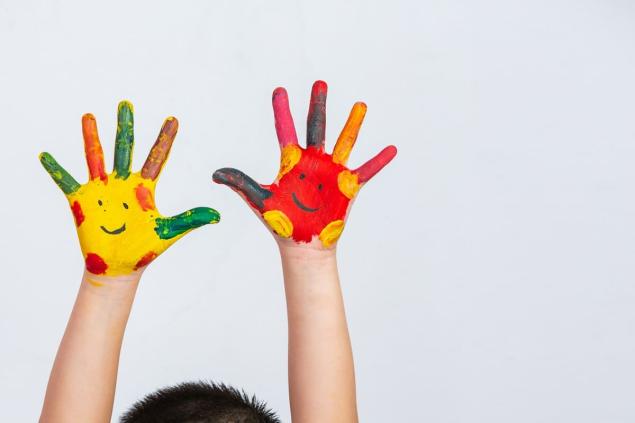
Now you can choose where to give the child: in a public kindergarten or in a private one. Or maybe not take him anywhere and leave him at home. With your parents or your babysitter. Do as you please. Or as finance allows. Many years ago, the country did not give such a choice. Everyone had to work for the good of the motherland, and she, in turn, will take care of the bright future of their children. Parents to work, children to learn. There's no third.
The human brain is a very peculiar tool that for no reason can give us a fairly clear picture of the seemingly forgotten past. At the same time, the very atmosphere of this memory can be impregnated with nostalgic positivity, which happens most often. Yes, we subconsciously choose to remember the past only the good. But sometimes it happens that the opposite happens: all sorts of negativity, resentment and humiliation creep into your head. There's no telling. And who knows why it works this way?
In the case of memories of kindergarten, the situation is absolutely similar. This is such a long history that objectivity from it, perhaps, will not get. Some remember how good it was to go with your mom or dad somewhere far from home, where affectionate teachers will always help you. Kind, sweet children will gladly agree to play with you, and the food in the dining room will seem like the food of the gods! I never wanted to come back from this garden!

In other adults, memories are not so rosy. Disgusting food, you had to travel with a parent in a hurry who's late for work because of you. The teacher is always not in the mood, so she can start screaming in the morning and finish late in the evening. Every day. And most importantly: the behavior of your classmates (yes, student, in the kindergarten also classmates) is just some kind of natural horror! Where did these unbred children and their drooling, unkind faces get recruited? Well, you can stay home tonight... In general, memories are similar to those experienced when talking about life in school.
And indeed, no matter how much you remember even the smallest details, the attitude of people to the kindergarten will always be ambiguous. First of all, no matter what, your band was social even at that age. Someone already had leadership skills, and therefore could command others, despite their age. Some people were more comfortable with privacy. But how do you hide when you're in the same big room with a bunch of screaming kids in tights?
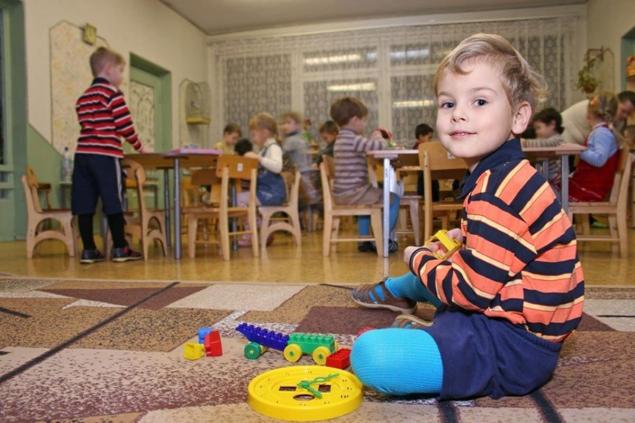
Secondly, the teaching staff. Same story, in short. Someone loved them like mom and dad. Some students even continued to communicate with their teachers after kindergarten. Some people weren't so lucky. It is believed that children at this age can only shout (which in itself raises questions). But many adults remember that they were often beaten in childhood, not much, but still. And sometimes they threatened not to even put it in a corner, which is absolutely normal, but to make you go and wash the pots of the nursery group! That's the news.
Therefore, it is not surprising that the attitude to kindergarten simply cannot be unambiguous in itself. There are too many variables in this equation. But this is life, and what to do, parents could not influence it. Transferring the child to another kindergarten was simply not possible. Either the children were assigned to a particular institution, or the other simply could not be reached in time.
Food, walks, sleep Walking. They were an integral part of kindergarten life. Rightly so, the body is growing. You need more activity to waste energy. And in the fresh air, communication with classmates is somewhat more informal than within four walls. Of course, it is much more difficult to monitor young children in such conditions. But here already teachers and nurses showed miracles of organizational and physical training. After a walk, lunch and sleep.
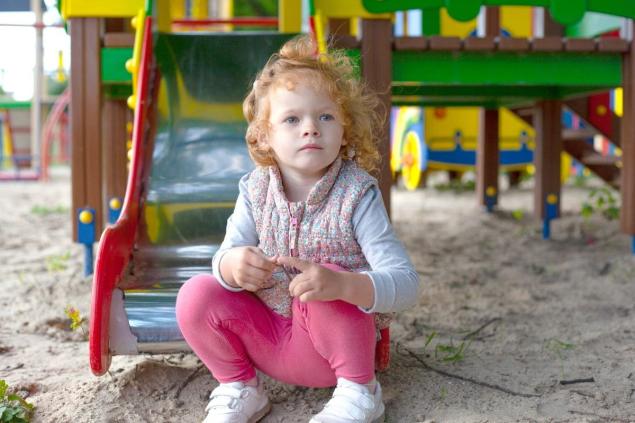
kindergarten food This is another cornerstone that many of us have stumbled upon. No, some tell some solid fables about a completely unimaginable tastiness like mashed potatoes, melting in the mouth, juices, delicious salads and even black caviar on a piece of fresh bread. We all know that the filth that was given to children at that time consisted of nothing more than clumpy semolina porridge, nozzle-shaped jelly, squash stinking caviar and boiled milk topped with the most disgusting kind of foam. Isn't it?! Everyone has their own childhood and their own stories.
Kindergarten behavior and quiet hour quiet. It's normal, basically. For some time, the children should sleep and gain strength. That's right, the smaller the battery, the faster it goes down. And to recharge it needs time and peace. However, the children here showed their heterogeneity, the more often they experienced the patience of the nannies. Someone really does not mind falling asleep, then with new strength to live this life, rejoicing at new discoveries. For some, daytime sleep is just a stupid waste of time. You can do so much more interesting things!
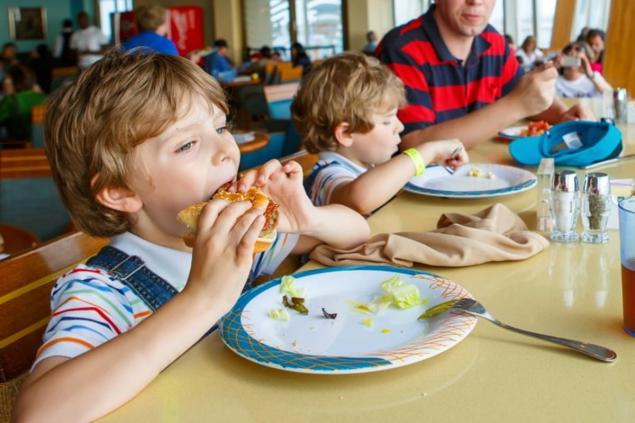
If you’ve always wondered what it’s like not to want to sleep in kindergarten, just get a good night’s sleep on the weekends and then lie down on the couch at three o’clock in the afternoon and honestly, without a cell phone or TV, try to sleep. Preferably without turning at all. Oh, yeah. In some kindergartens it was not even allowed to leave the room, so there were problems with toilet issues. Don't forget that, too. If you can’t sleep in 60 minutes, congratulations! You learned kindergarten Zen. Now repeat it once a day on weekdays.
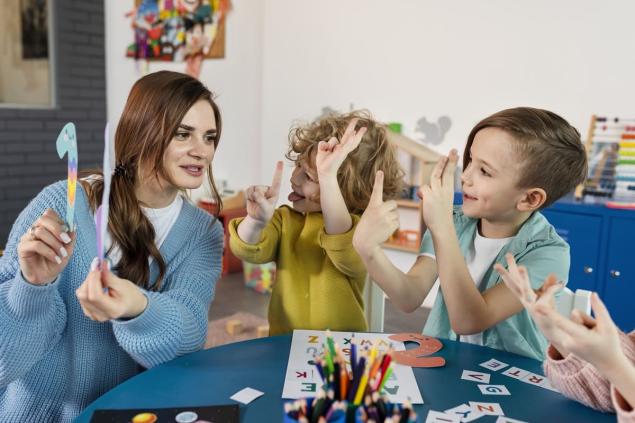
So basically, yes. Kindergarten is an ambiguous moment. Some of him still left a sediment, and they do not understand the positive feedback of friends and relatives. But what happened was gone. And your own children today can be given to learning circles, where they will learn to read and even write much faster than the rest of their peers. Nobody interrupts! But remember that no matter how good and modern kindergartens are, they can never replace the love and care of their parents. You just need to sometimes allocate enough time, energy and attention for this.

Now you can choose where to give the child: in a public kindergarten or in a private one. Or maybe not take him anywhere and leave him at home. With your parents or your babysitter. Do as you please. Or as finance allows. Many years ago, the country did not give such a choice. Everyone had to work for the good of the motherland, and she, in turn, will take care of the bright future of their children. Parents to work, children to learn. There's no third.
The human brain is a very peculiar tool that for no reason can give us a fairly clear picture of the seemingly forgotten past. At the same time, the very atmosphere of this memory can be impregnated with nostalgic positivity, which happens most often. Yes, we subconsciously choose to remember the past only the good. But sometimes it happens that the opposite happens: all sorts of negativity, resentment and humiliation creep into your head. There's no telling. And who knows why it works this way?
In the case of memories of kindergarten, the situation is absolutely similar. This is such a long history that objectivity from it, perhaps, will not get. Some remember how good it was to go with your mom or dad somewhere far from home, where affectionate teachers will always help you. Kind, sweet children will gladly agree to play with you, and the food in the dining room will seem like the food of the gods! I never wanted to come back from this garden!

In other adults, memories are not so rosy. Disgusting food, you had to travel with a parent in a hurry who's late for work because of you. The teacher is always not in the mood, so she can start screaming in the morning and finish late in the evening. Every day. And most importantly: the behavior of your classmates (yes, student, in the kindergarten also classmates) is just some kind of natural horror! Where did these unbred children and their drooling, unkind faces get recruited? Well, you can stay home tonight... In general, memories are similar to those experienced when talking about life in school.
And indeed, no matter how much you remember even the smallest details, the attitude of people to the kindergarten will always be ambiguous. First of all, no matter what, your band was social even at that age. Someone already had leadership skills, and therefore could command others, despite their age. Some people were more comfortable with privacy. But how do you hide when you're in the same big room with a bunch of screaming kids in tights?

Secondly, the teaching staff. Same story, in short. Someone loved them like mom and dad. Some students even continued to communicate with their teachers after kindergarten. Some people weren't so lucky. It is believed that children at this age can only shout (which in itself raises questions). But many adults remember that they were often beaten in childhood, not much, but still. And sometimes they threatened not to even put it in a corner, which is absolutely normal, but to make you go and wash the pots of the nursery group! That's the news.
Therefore, it is not surprising that the attitude to kindergarten simply cannot be unambiguous in itself. There are too many variables in this equation. But this is life, and what to do, parents could not influence it. Transferring the child to another kindergarten was simply not possible. Either the children were assigned to a particular institution, or the other simply could not be reached in time.
Food, walks, sleep Walking. They were an integral part of kindergarten life. Rightly so, the body is growing. You need more activity to waste energy. And in the fresh air, communication with classmates is somewhat more informal than within four walls. Of course, it is much more difficult to monitor young children in such conditions. But here already teachers and nurses showed miracles of organizational and physical training. After a walk, lunch and sleep.

kindergarten food This is another cornerstone that many of us have stumbled upon. No, some tell some solid fables about a completely unimaginable tastiness like mashed potatoes, melting in the mouth, juices, delicious salads and even black caviar on a piece of fresh bread. We all know that the filth that was given to children at that time consisted of nothing more than clumpy semolina porridge, nozzle-shaped jelly, squash stinking caviar and boiled milk topped with the most disgusting kind of foam. Isn't it?! Everyone has their own childhood and their own stories.
Kindergarten behavior and quiet hour quiet. It's normal, basically. For some time, the children should sleep and gain strength. That's right, the smaller the battery, the faster it goes down. And to recharge it needs time and peace. However, the children here showed their heterogeneity, the more often they experienced the patience of the nannies. Someone really does not mind falling asleep, then with new strength to live this life, rejoicing at new discoveries. For some, daytime sleep is just a stupid waste of time. You can do so much more interesting things!

If you’ve always wondered what it’s like not to want to sleep in kindergarten, just get a good night’s sleep on the weekends and then lie down on the couch at three o’clock in the afternoon and honestly, without a cell phone or TV, try to sleep. Preferably without turning at all. Oh, yeah. In some kindergartens it was not even allowed to leave the room, so there were problems with toilet issues. Don't forget that, too. If you can’t sleep in 60 minutes, congratulations! You learned kindergarten Zen. Now repeat it once a day on weekdays.

So basically, yes. Kindergarten is an ambiguous moment. Some of him still left a sediment, and they do not understand the positive feedback of friends and relatives. But what happened was gone. And your own children today can be given to learning circles, where they will learn to read and even write much faster than the rest of their peers. Nobody interrupts! But remember that no matter how good and modern kindergartens are, they can never replace the love and care of their parents. You just need to sometimes allocate enough time, energy and attention for this.
A French friend came to my house for the weekend and asked me why our women looked older than their age.
Detailed church calendar of holidays and fasts for 2024, so as not to get confused

